Commonly Asked Questions About Spray Foam Insulation
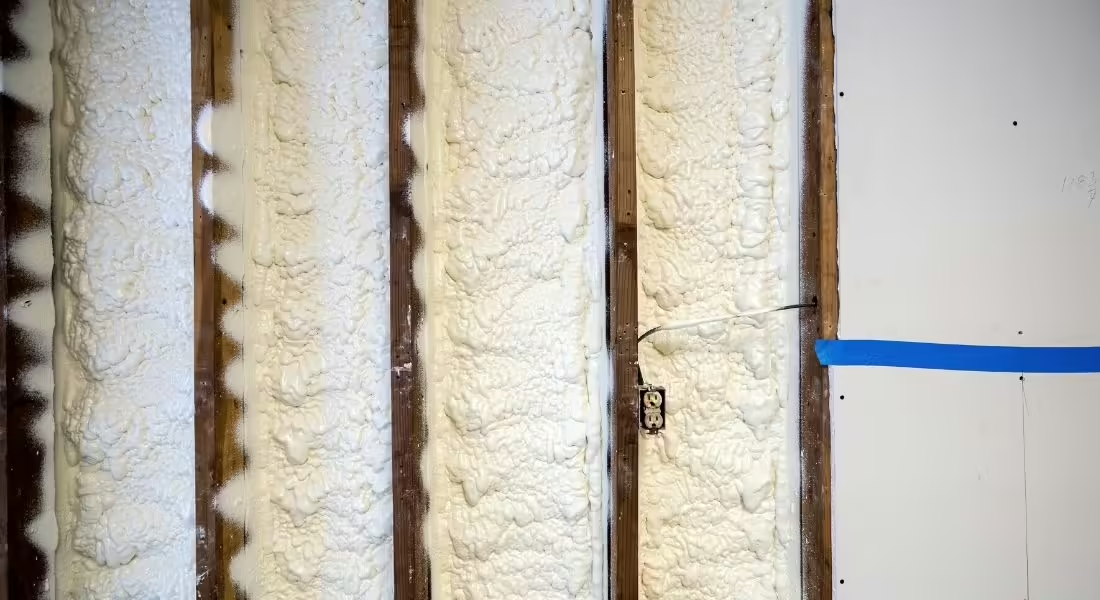
While not quite as well-known as fiberglass or mineral wool insulation, spray foam insulation is quickly becoming one of the most popular types of insulation materials. Despite being used in homes since the late 1970s, many people are still unaware of this highly useful insulation material. Before installing it in your home, you’ll likely have a few questions that you want answers to. Below, we will answer some of the most commonly asked questions about spray foam insulation.
What Is the R-Value of Spray Foam Insulation?
One of the most frequently asked questions regarding spray foam insulation is what its R-value is. R-value refers to the ability of an insulation material to prevent the flow of heat. In other words, the R-value indicates how effective a material will be at insulating an area. As such, it’s unsurprising that this question is at the top of many people’s minds when determining if spray foam insulation is a good fit for their home or building.
Many people will be pleased to know that spray foam insulation has one of the highest R-values of any insulation material. The R-value of closed-cell spray foam insulation is around 6.5 to 7 per inch, and the R-value of open-cell spray foam insulation is around 3.8 per inch. To provide some perspective, blown-in fiberglass insulation has an R-value of around 2.2 to 2.7 per inch.
Does Spray Foam Insulation Release Harmful Gases?
A common concern that people have regarding spray foam insulation is whether it releases harmful gases. While it is true that spray foam insulation does have an off-gassing period following installation, this effect is only temporary. After around 24 hours, the off-gassing should stop. When installed correctly, spray foam insulation should not release any harmful gases after the initial off-gassing period has ended. Thus, homeowners don’t need to worry about experiencing any negative health impacts due to spray foam insulation as long as they stay out of their home during the 24-hour period following its installation.
What Is the Difference Between Closed and Open-Cell Spray Foam Insulation?
The two main types of spray foam insulation are known as closed-cell and open-cell spray foam insulation. Before installing spray foam insulation in a home or building, many people wonder what the main differences between these materials are.
Closed-cell spray foam insulation refers to spray foam that consists of completely encapsulated cells that are tightly pressed together. Open-cell spray foam, on the other hand, refers to spray foam that consists of cells that aren’t completely closed.
One of the biggest differences between these two types of insulation is their R-value. As previously stated, closed-cell insulation has an R-value of around 6.5 to 7 per inch, while open-cell insulation has an R-value of around 3.8 per inch. These two materials also differ in their consistency. Closed-cell spray foam is dense and rigid, which prevents air and moisture from infiltrating the foam and allows it to add structural strength and impact resistance to buildings. Open-cell spray foam, however, has a flexible, lightweight consistency that makes it easier to install and ideal for hard-to-reach areas.
Can You Install Spray Foam Insulation on Your Own?
Homeowners who enjoy a good DIY project often wonder if it’s possible to install spray foam insulation on their own. However, the process of installing spray foam insulation is a bit more complicated than installing other insulation materials, such as fiberglass or mineral wool. While forgoing the help of a professional insulation company and installing spray foam insulation on your own is technically possible, it is highly discouraged for a number of reasons. Namely, installing spray foam insulation without professional experience and training is highly dangerous.
In addition to exposing yourself to harmful fumes during the installation process, you will likely install the spray foam incorrectly, which can cause harmful chemical off-gassing to occur long after the insulation has been installed. Such off-gassing can cause numerous negative health impacts, such as respiratory issues, skin irritation, and an increased risk of cancer. Improperly installed spray foam insulation can also damage your home by causing mold, rust, and ice dams. Unless you’re willing to risk the health of your home’s residents and the state of your property, it’s best not to attempt installing spray foam insulation on your own.
How Long Does Spray Foam Insulation Last?
Many homeowners don’t want to install insulation that will require a lot of maintenance or frequent replacement. As such, another commonly asked question about spray foam insulation is how long the material lasts.
Homeowners will be happy to discover that, when installed correctly, spray foam insulation should last throughout the entire lifespan of one’s home. Once it hardens, spray foam will retain its shape indefinitely and will not lose R-value over time—as many other insulation materials do. As such, homeowners won’t have to worry about maintaining or updating their insulation after installing spray foam insulation in their homes.
What Are the Benefits of Spray Foam Insulation?
When choosing between multiple insulation materials, many people want to know what unique benefits spray foam insulation provides. Some of the most notable advantages of this effective insulation material include:
- Reduces Energy Bills: The high R-value of spray foam insulation helps prevent heat from entering or leaving one’s home. As a result, temperature control systems won’t have to consume as much energy, and homeowners can enjoy lower monthly energy bills.
- Deters Moisture: Unlike many insulation materials, closed-cell spray foam insulation does not absorb water. As such, any leaks or floods that occur will not require homeowners to replace their spray foam insulation.
- Improved Air Quality: By forming an air-tight seal, spray foam insulation prevents harmful outdoor allergens such as dust, pollen, mold, and mildew from entering one’s home. In this respect, spray foam insulation can improve the indoor air quality in a home or building.
- Long-Lasting: As previously stated, spray foam insulation typically lasts throughout the entire lifetime of a house without losing its shape or declining in R-value.
With over 20 years of experience, Paragon Protection has become a leading provider of spray foam insulation in Chicago. To have spray foam insulation installed in your home or building by highly skilled contractors that you can trust, contact us today.
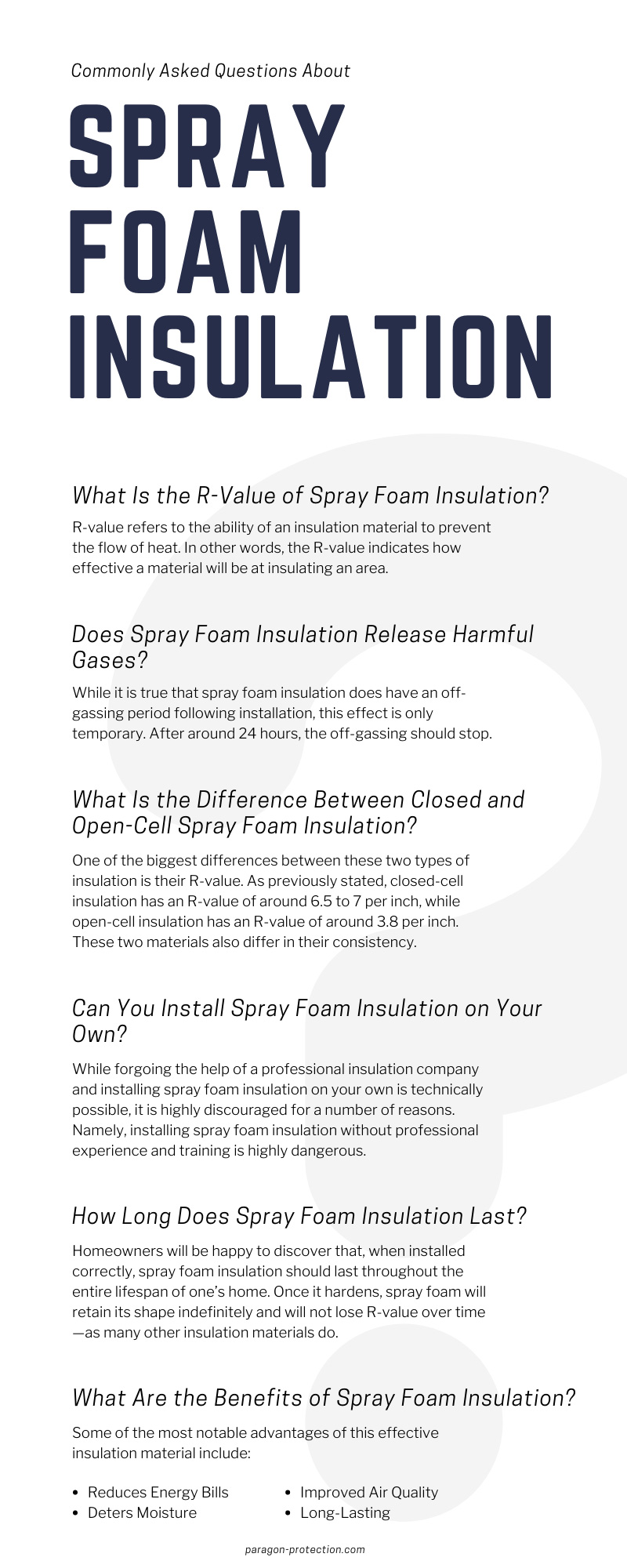

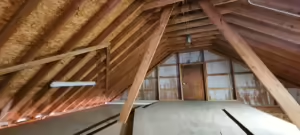
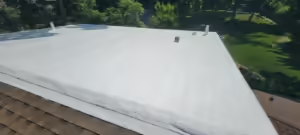
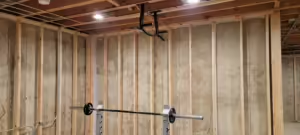
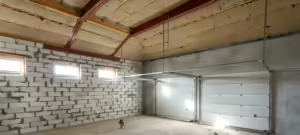

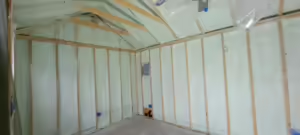
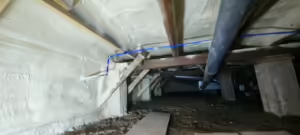
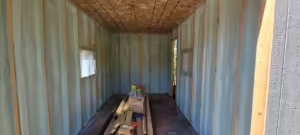
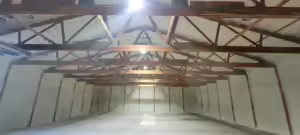
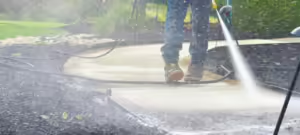
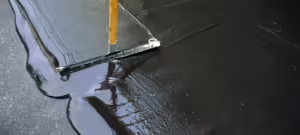
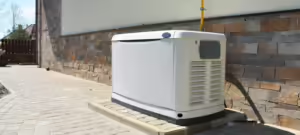
 Professional Insulation Services
Professional Insulation Services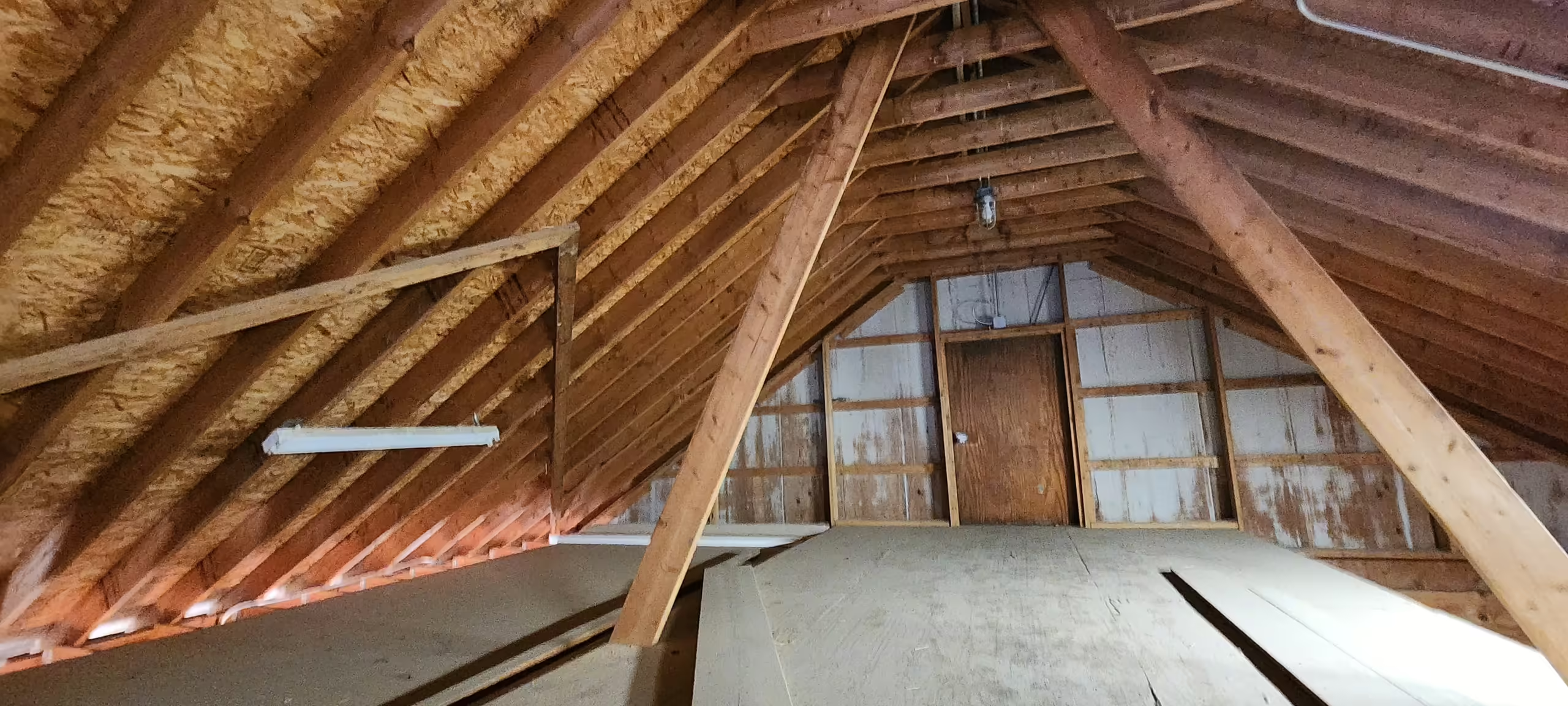 Attic Insulation Services
Attic Insulation Services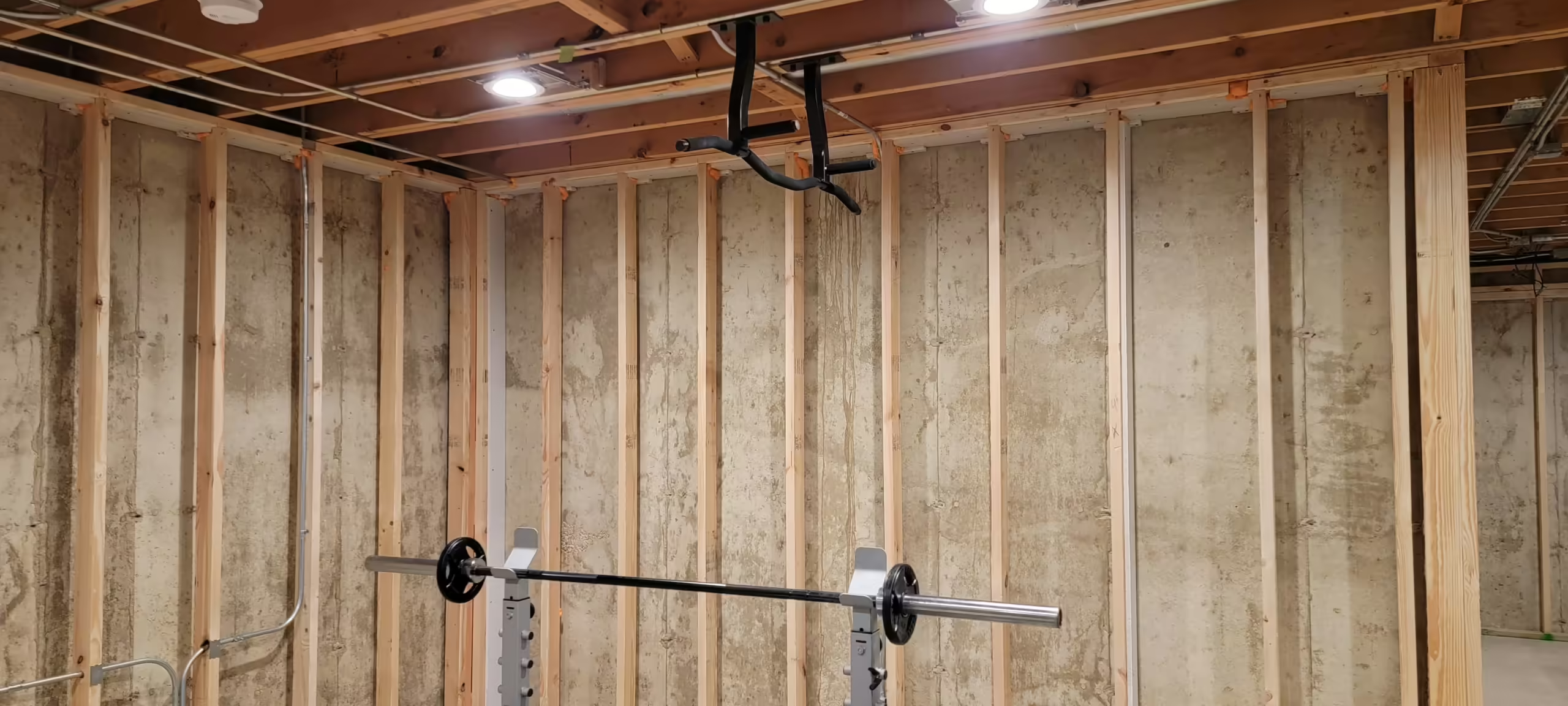 Basement Insulation
Basement Insulation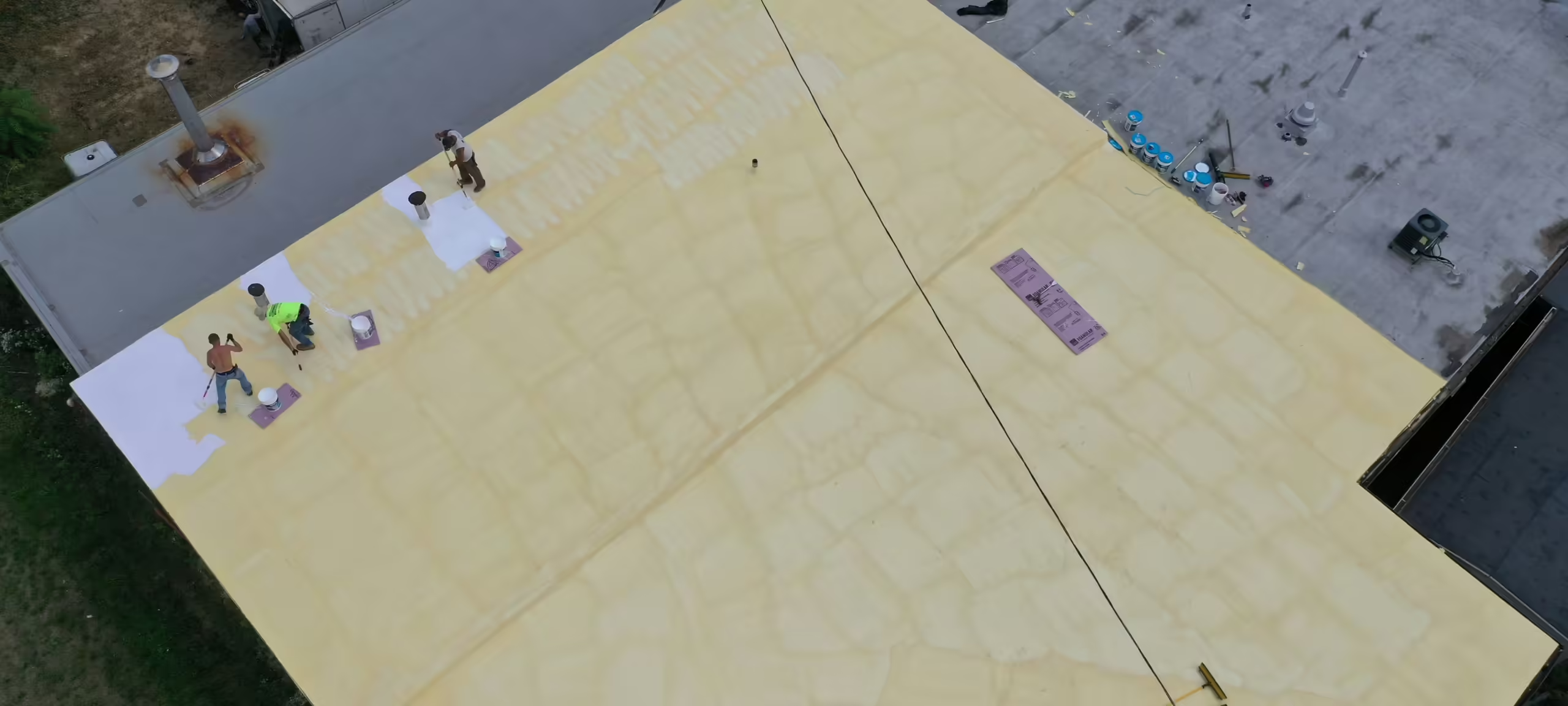 Commercial Insulation
Commercial Insulation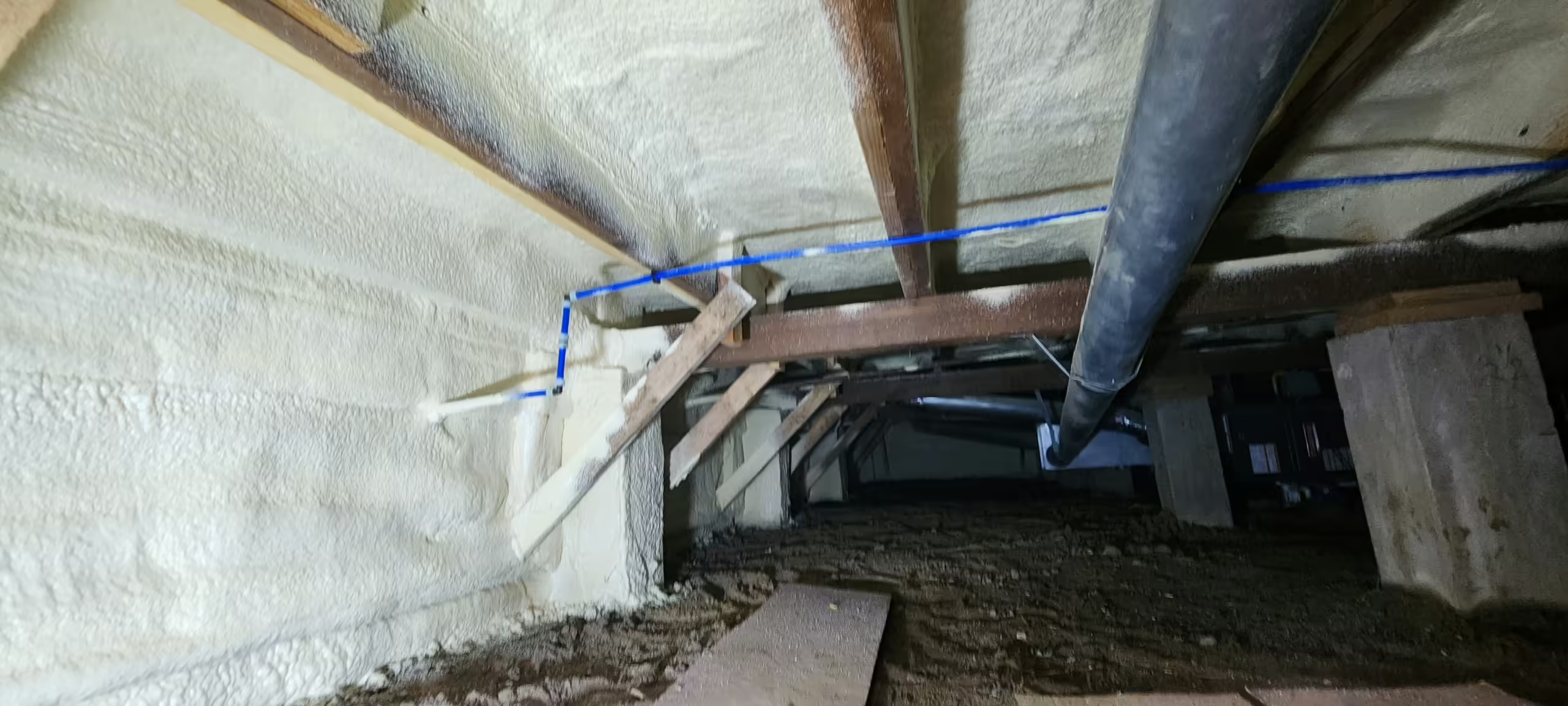 Crawl Space Insulation
Crawl Space Insulation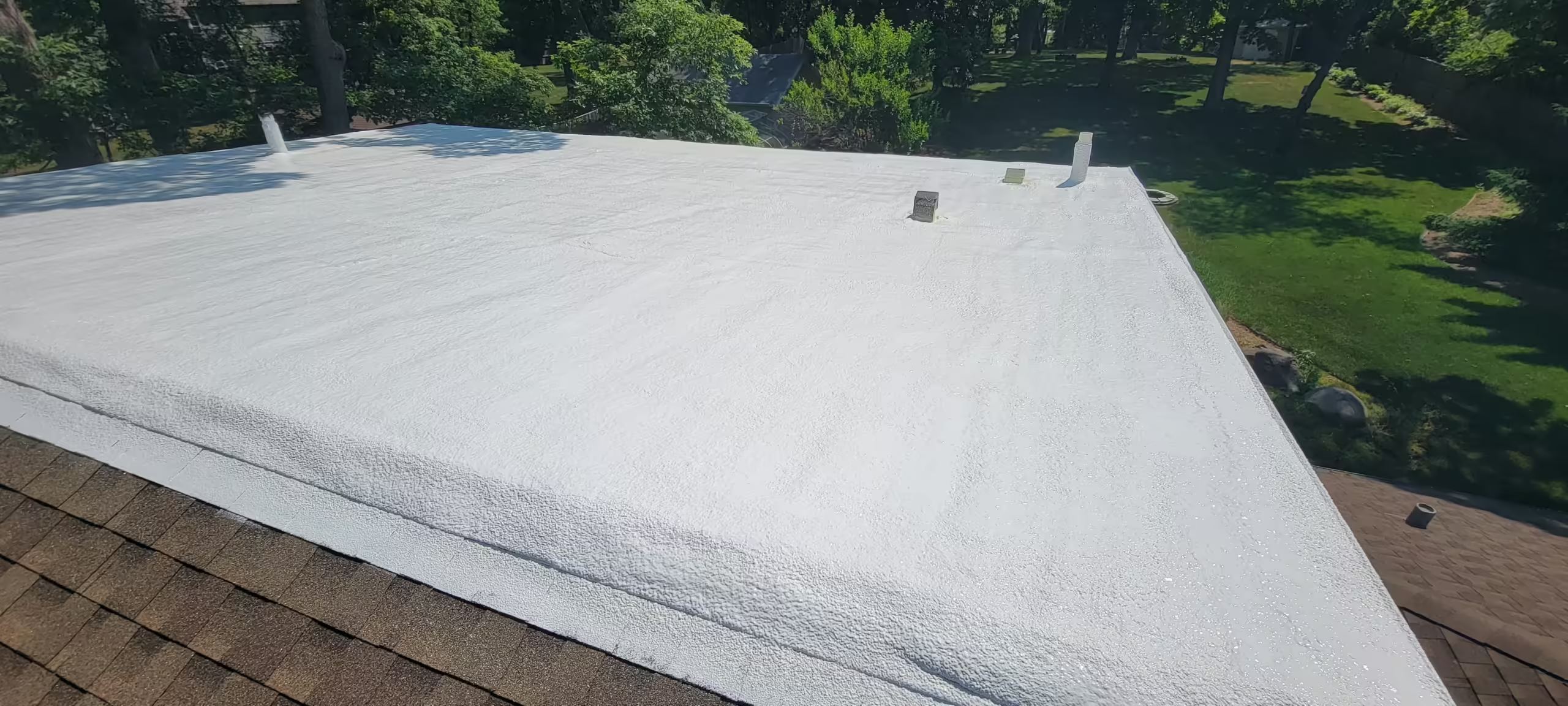 Exterior Wall Insulation
Exterior Wall Insulation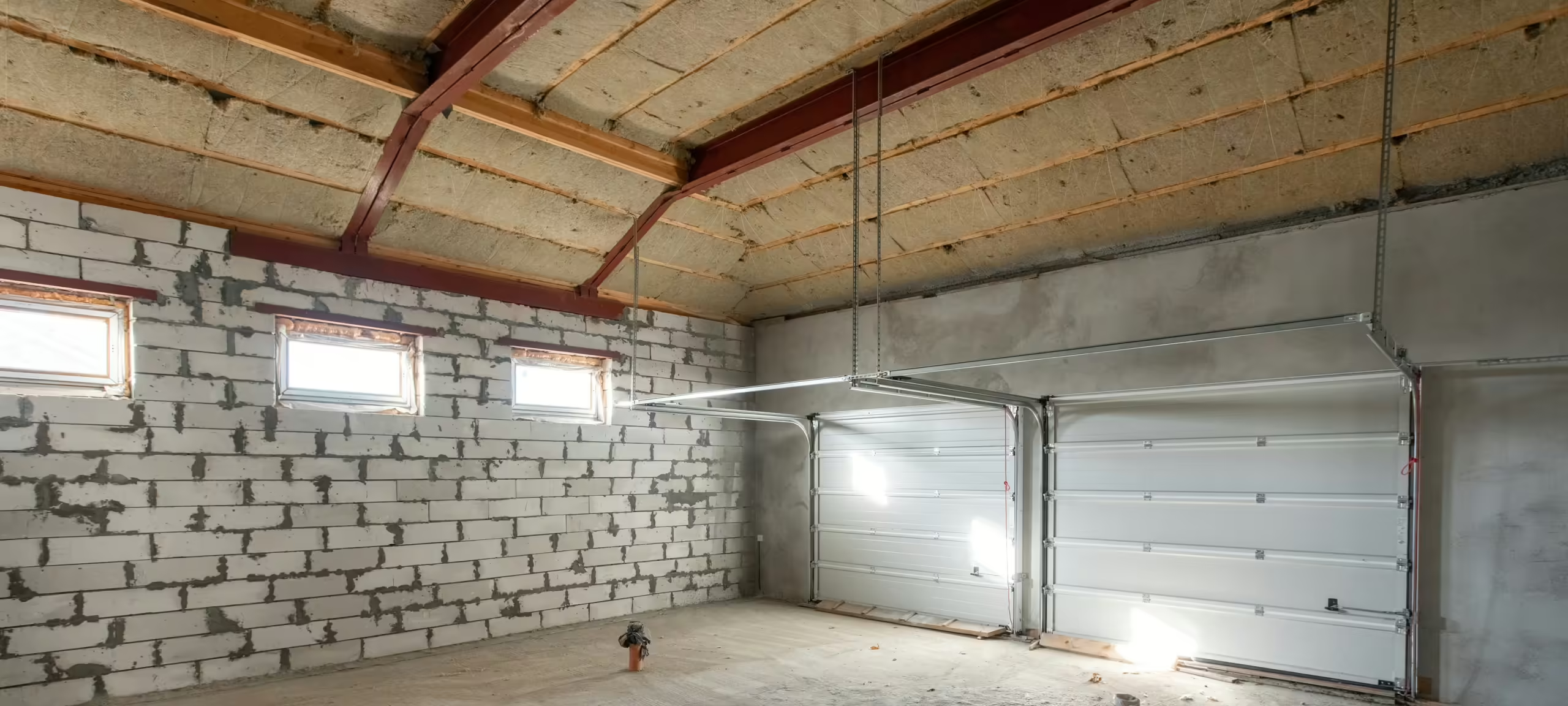 Garage Insulation
Garage Insulation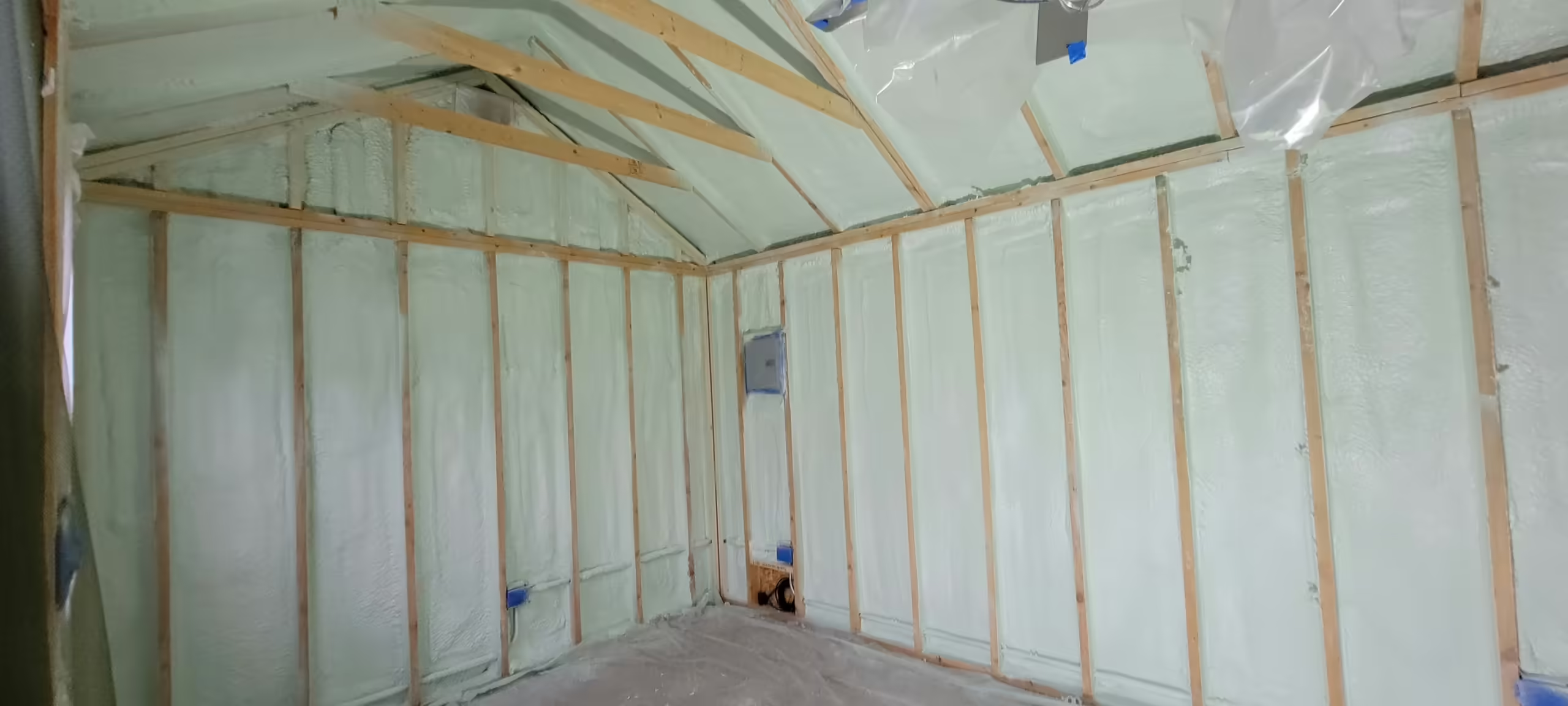 Interior Wall Insulation
Interior Wall Insulation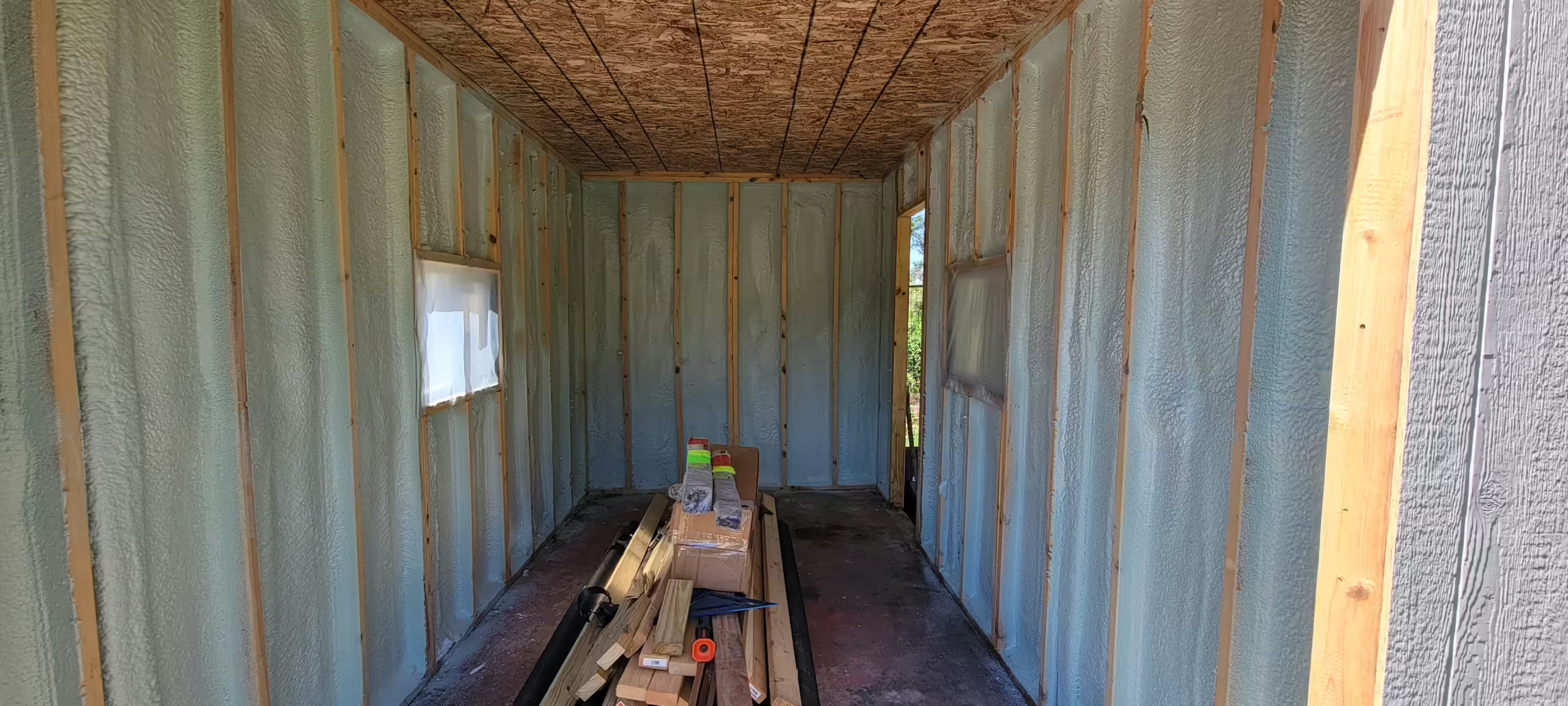 Shed Insulation
Shed Insulation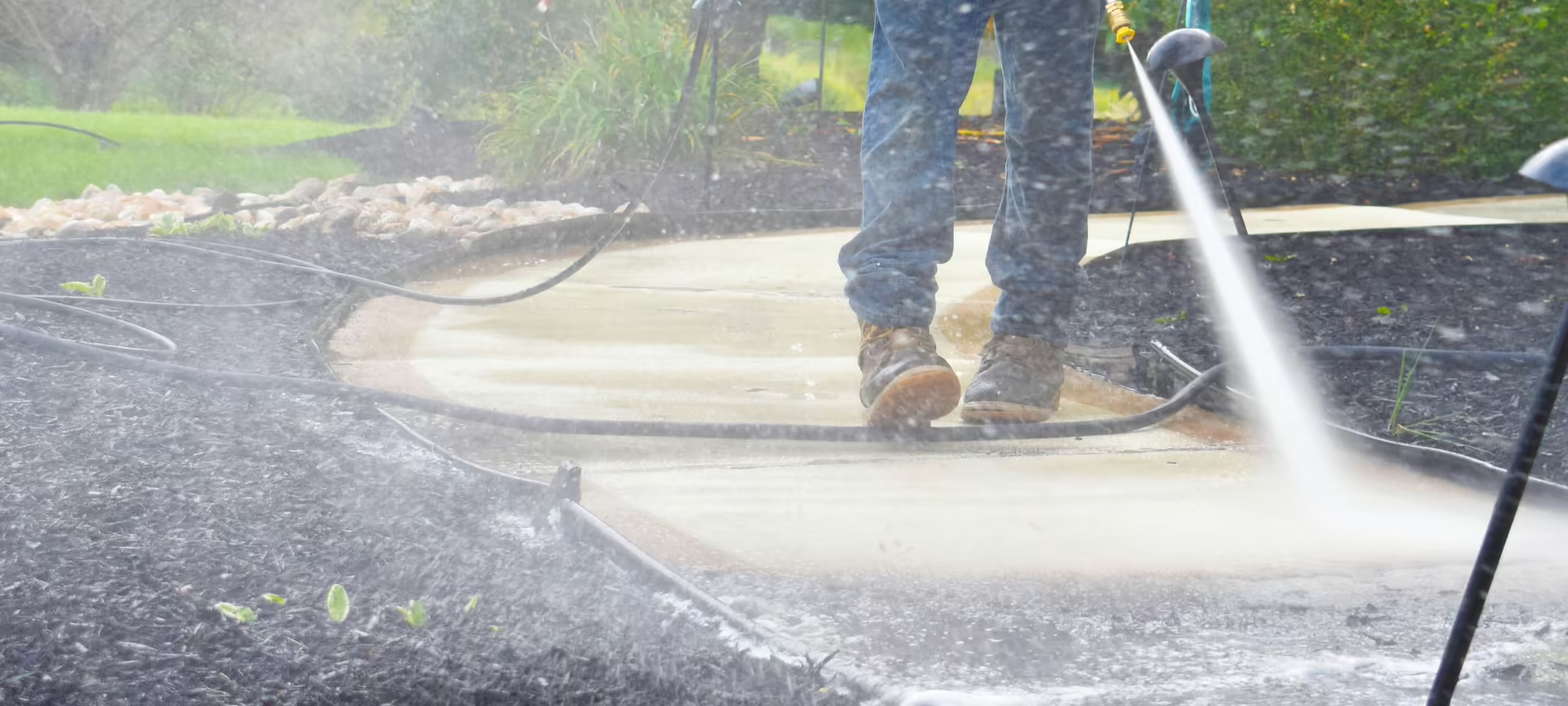 Power Washing
Power Washing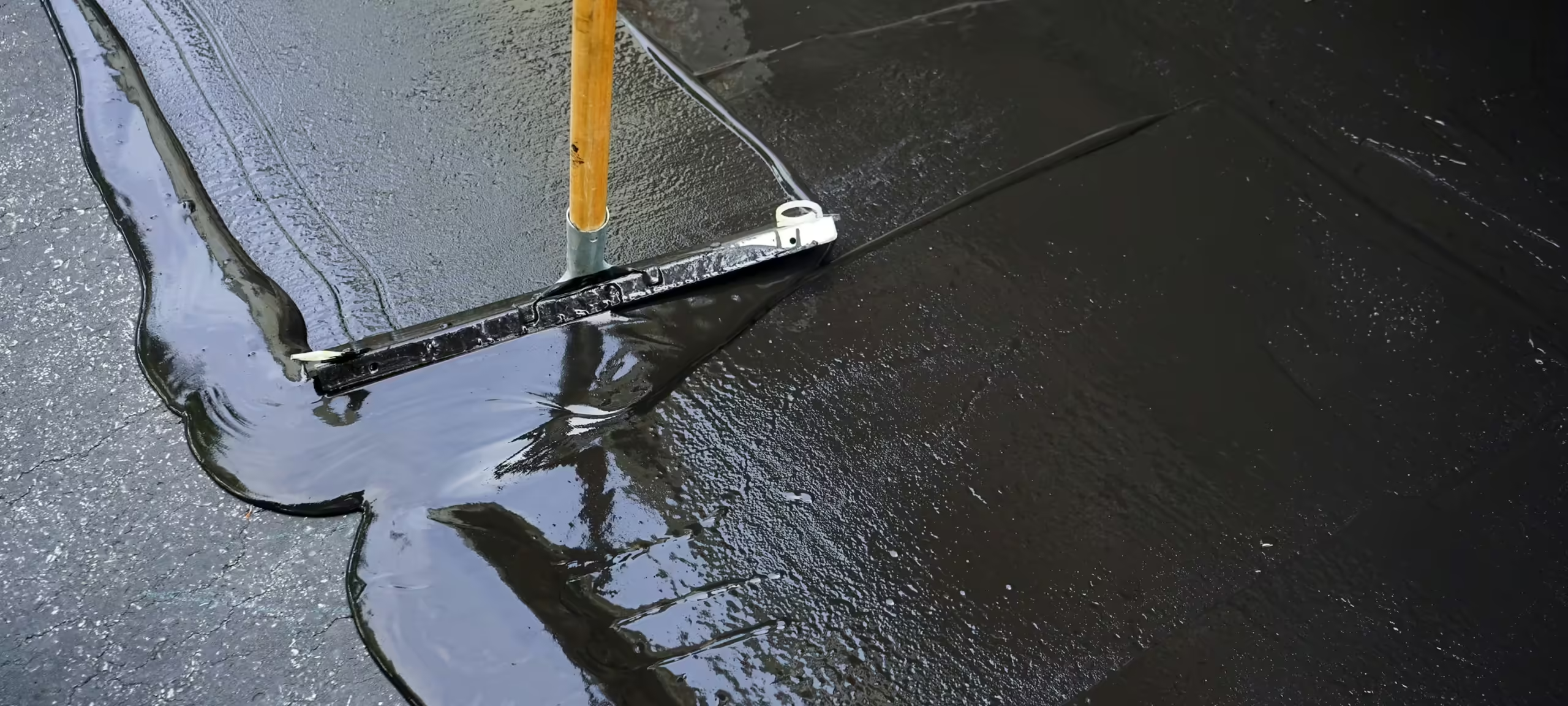 Sealcoating
Sealcoating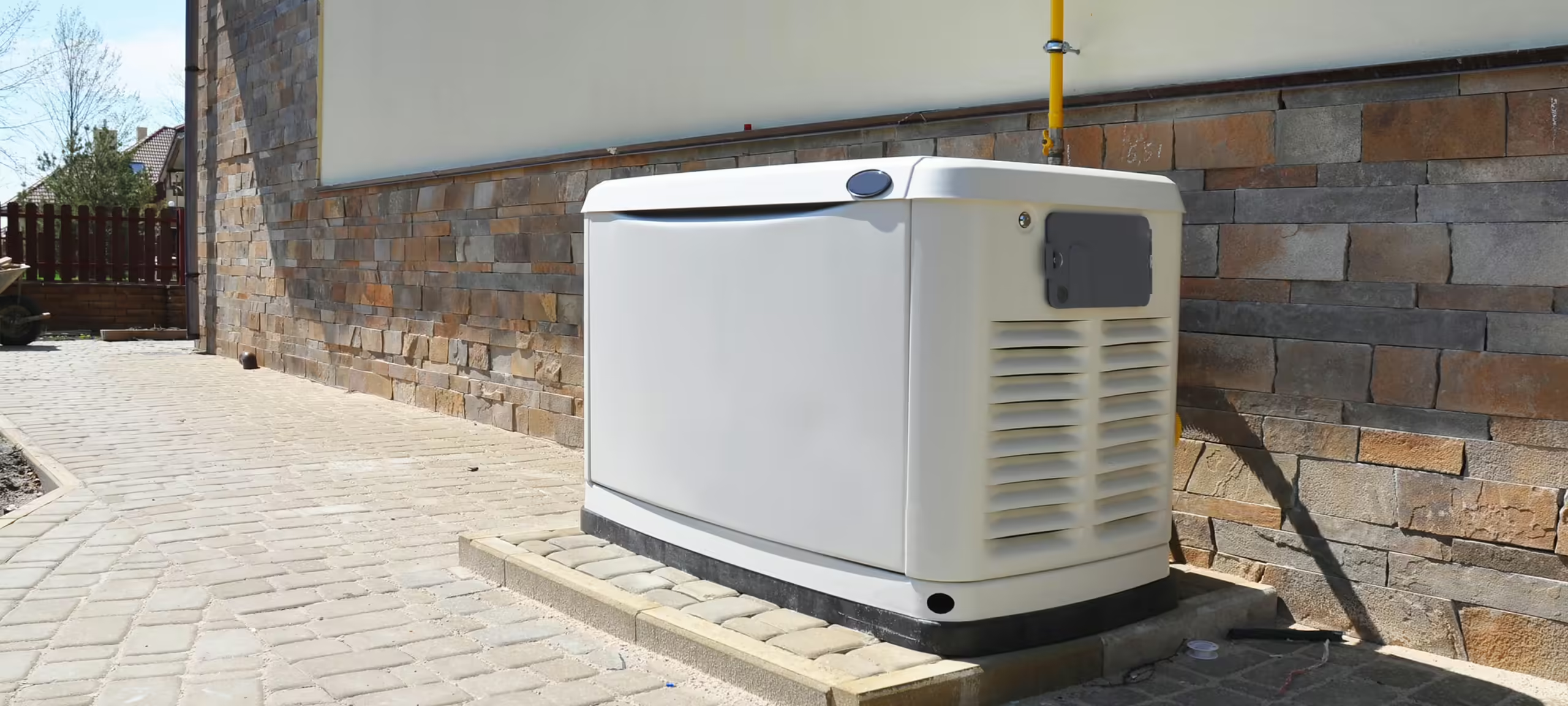 Backup Power Generators
Backup Power Generators Lake County Insulation
Lake County Insulation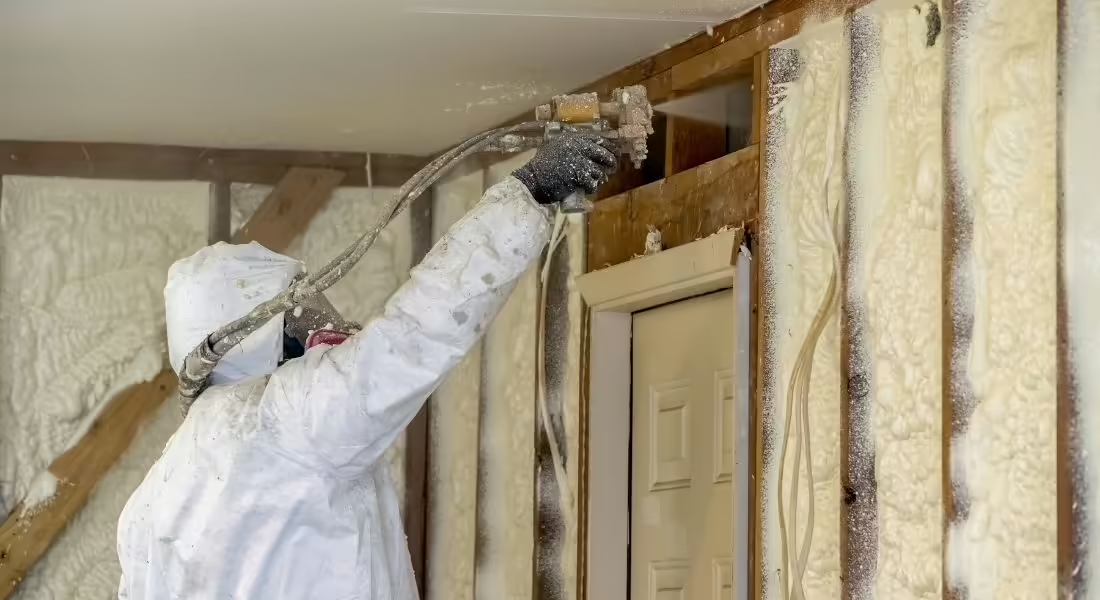 Spray Foam Insulation Guides
Spray Foam Insulation Guides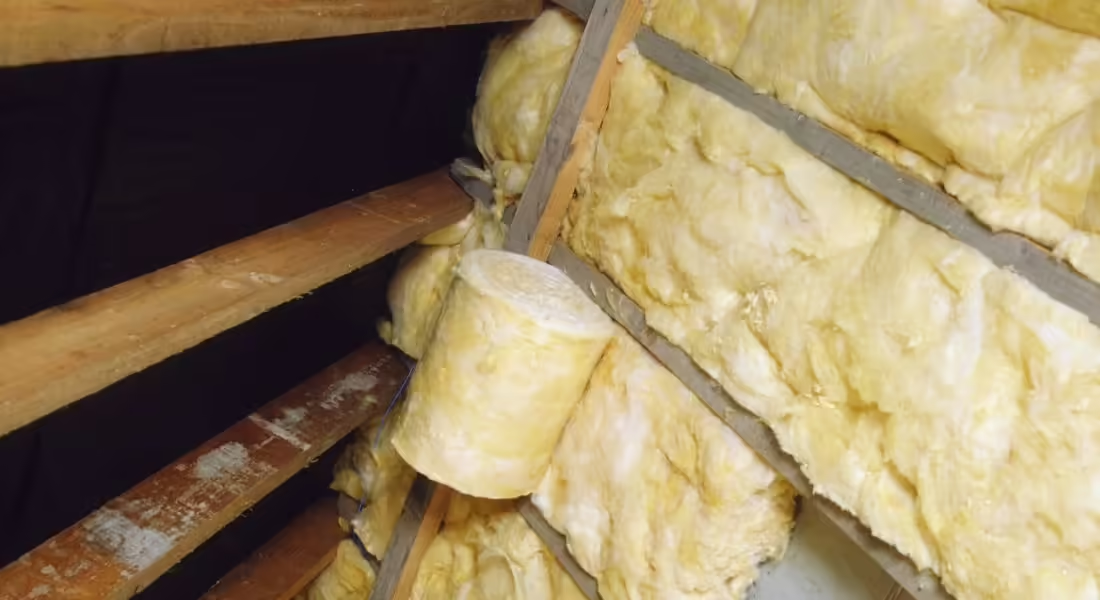 Insulation Guide
Insulation Guide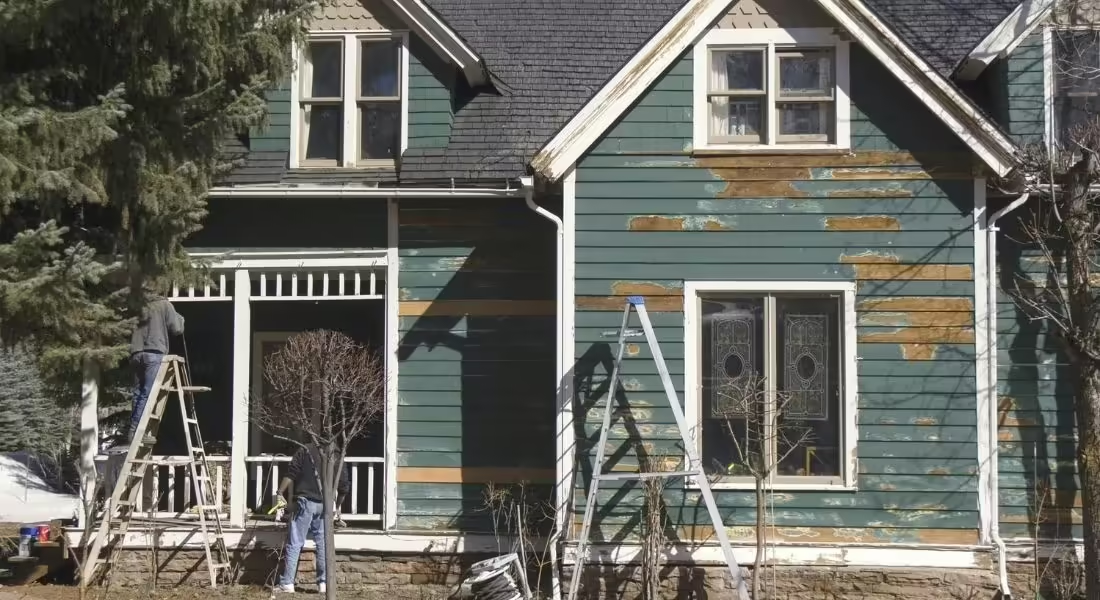 Home Improvement & Maintenance Guide
Home Improvement & Maintenance Guide